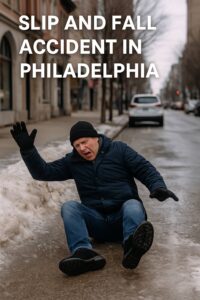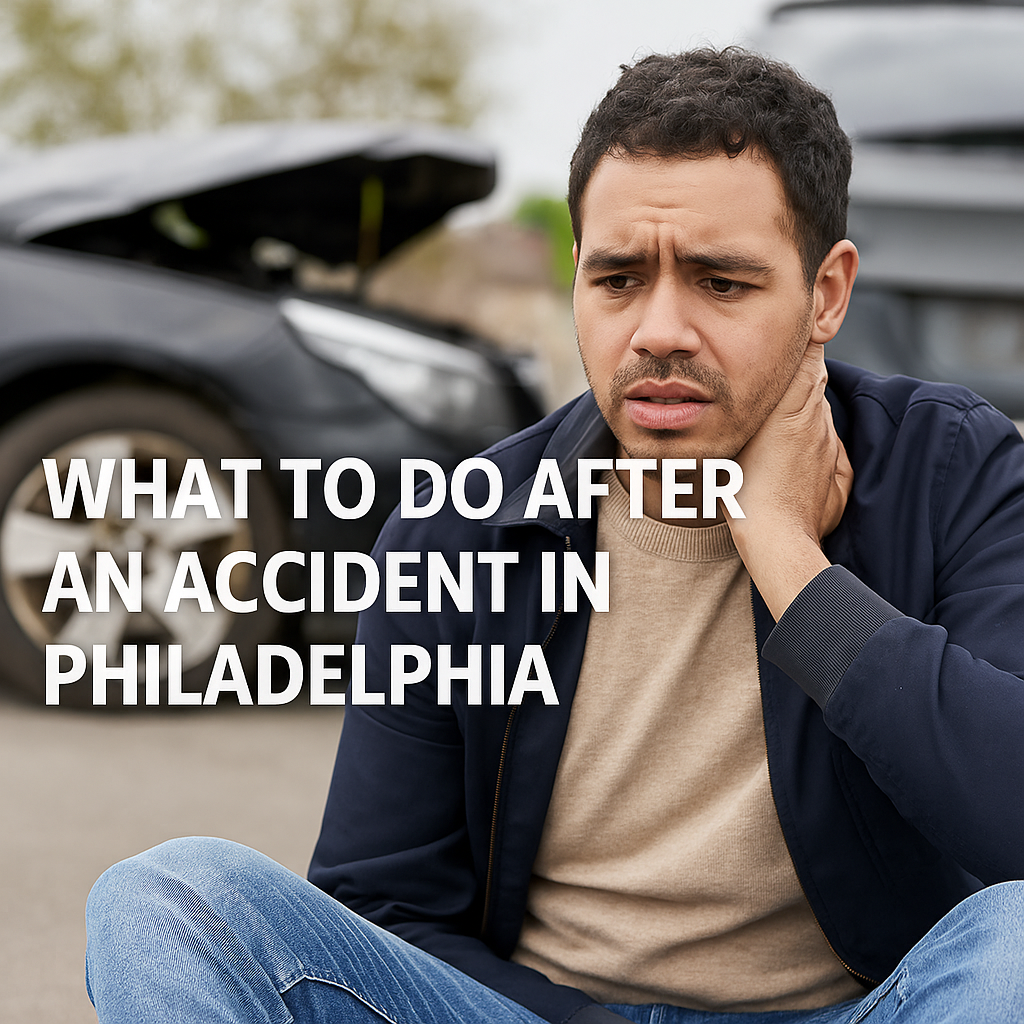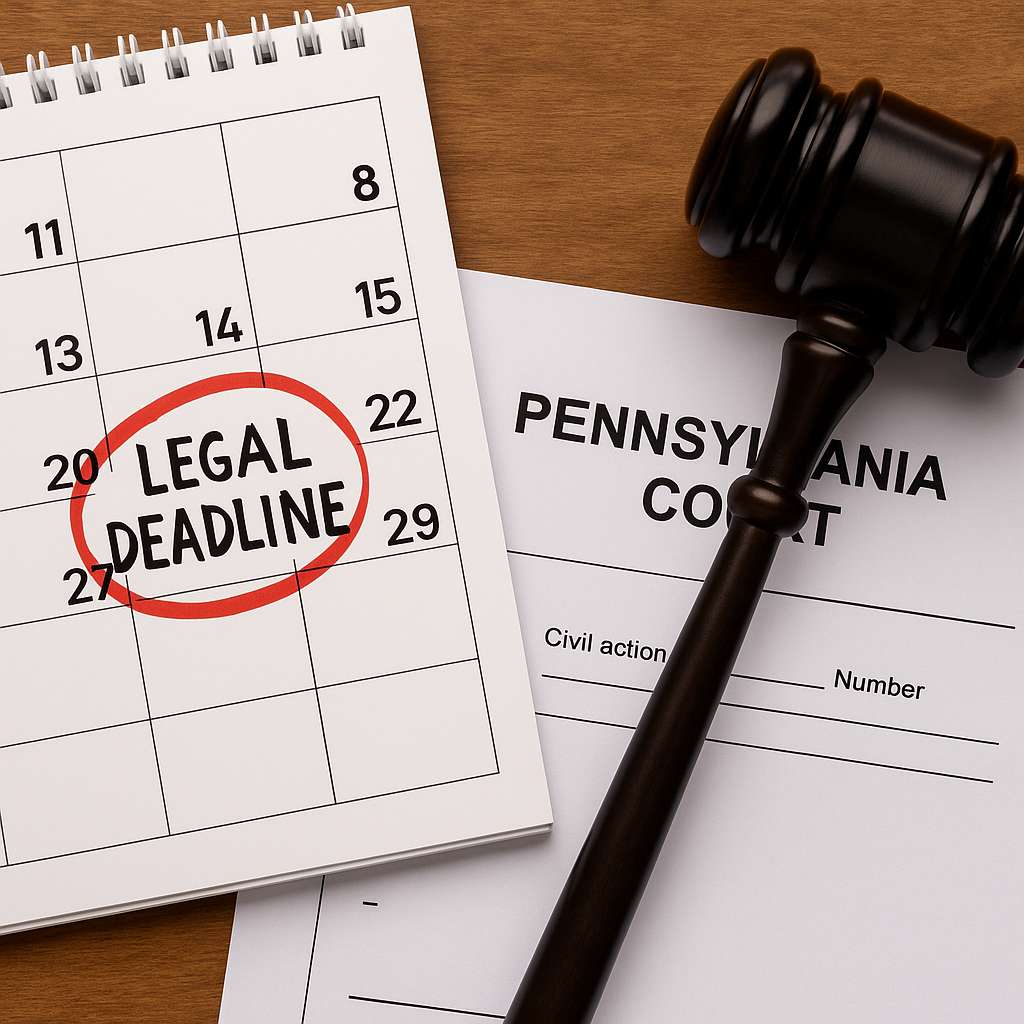
Slip and Fall Accidents
Philadelphia’s winter season transforms the city into a picturesque landscape, with snow-covered streets and historic architecture blanketed in white. However, beneath this beauty lies a significant hazard: icy sidewalks, steps, and walkways that increase the risk of slip and fall accidents. Consequently, both residents and visitors must be vigilant during these months to prevent injuries and understand their legal rights if an accident occurs.
Prevalence of Winter Slip and Fall Accidents in Philadelphia
Winter weather in Philadelphia significantly heightens the risk of slip and fall injuries. As a result, icy sidewalks and poorly maintained walkways are common culprits, leading to numerous accidents each year. Property owners are responsible for keeping areas safe, and injured individuals can take legal action if negligence is involved.
Common Causes of Winter Slip and Fall Accidents
https://phillylegalconnect.com/can-you-sue-for-trip-and-fall-on-public-sidewalk-philadelphia/
Several factors contribute to the increased incidence of slip and fall accidents during Philadelphia’s winter:
-
- Icy and Snow-Covered Surfaces: Accumulation of snow and ice on sidewalks, parking lots, and building entrances creates slippery conditions. Property owners are responsible for promptly clearing these areas to prevent hazards.
-
- Inadequate Maintenance: Failure to apply salt or sand to icy surfaces, repair uneven walkways, or address leaks that lead to ice formation can result in dangerous conditions.
-
- Poor Lighting: Shorter daylight hours and insufficient outdoor lighting can make it difficult to see icy patches, increasing the risk of accidents.
Legal Responsibilities of Property Owners
In Philadelphia, property owners have a legal obligation to maintain safe premises for visitors. This duty includes the timely removal of snow and ice to prevent slip and fall accidents. If a property owner fails to address hazardous conditions within a reasonable timeframe, they may be held liable for resulting injuries.
Can You Sue for a TRIP and Fall on a Sidewalk in Philadelphia?
Responsibilities of Various Establishments and Residents
-
- Hotels
-
- Entrance and Exits: Ensure all entryways and exits are free from snow and ice. Place non-slip mats to prevent water accumulation inside.
-
- Parking Areas: Regularly plow and salt parking lots to provide safe passage for guests.
-
- Walkways: Maintain clear and safe pathways between facilities, such as from the main building to auxiliary areas like pools or gyms.
-
- Hotels
-
- Restaurants
-
- Sidewalks and Entryways: Clear snow and ice promptly to ensure safe access for patrons.
-
- Interior Floors: Place absorbent mats near entrances to catch melting snow from shoes, reducing indoor slip hazards.
-
- Restrooms: Regularly inspect and clean to prevent water accumulation that could lead to slips.
-
- Restaurants
-
- Grocery Stores
-
- Parking Lots: Implement regular snow removal and de-icing procedures to ensure shopper safety.
-
- Store Entrances: Use non-slip mats and caution signs to alert customers of potential wet floors.
-
- Aisles: Promptly address spills and wet spots to prevent accidents.
-
- Grocery Stores
-
- Parking Lots
-
- Surface Maintenance: Regularly plow snow and apply salt or sand to prevent ice formation.
-
- Lighting: Ensure adequate lighting to help pedestrians identify icy patches during early morning or evening hours.
-
- Drainage: Maintain proper drainage to prevent water accumulation and subsequent freezing.
-
- Parking Lots
-
- Businesses
-
- Employee Training: Educate staff on proper snow and ice removal techniques and the importance of timely maintenance.
-
- Regular Inspections: Conduct routine checks of the premises to identify and address potential hazards.
-
- Signage: Use clear signage to warn of wet floors or icy conditions, both indoors and outdoors.
-
- Businesses
-
- Residents
-
- Sidewalks and Driveways: Philadelphia code requires residents to clear a path of at least 36 inches on sidewalks abutting their property within six hours after snowfall ends. codelibrary.amlegal.com
-
- Snow Disposal: Avoid shoveling snow into streets, as this can create additional hazards and is subject to fines.
-
- Assisting Neighbors: Help older or disabled neighbors with snow removal to ensure community safety.
-
- Residents
Statistics on Winter-Related Slip and Fall Injuries
Winter conditions significantly contribute to slip and fall incidents. Studies have shown that during winter months, the median number of daily fall-related emergency department visits was 98.
Common injuries resulting from these falls include:
-
- Wrist Fractures: 641.4 per 10,000 falls.
-
- Ankle Dislocations: 447.4 per 10,000 falls.
-
- Ankle Fractures: 345.8 per 10,000 falls.
-
- Shoulder Dislocations: 267.9 per 10,000 falls.
-
- Proximal Humerus Fractures: 204.6 per 10,000 falls. truveta.com
Compensation for Victims of Slip and Fall Accidents
Slip and fall accidents caused by negligence can have serious physical, emotional, and financial consequences for victims. If a property owner fails to maintain safe premises during winter conditions, they may be held liable for damages.
Pain and Suffering: How Much Can You Recover in a Personal Injury Case?
Victims injured due to a property owner’s negligence may be entitled to compensation for:
1. Medical Expenses
-
- Coverage for emergency room visits, surgeries, hospital stays, medications, and physical therapy.
-
- Long-term care for severe injuries like fractures, spinal cord damage, or traumatic brain injuries (TBI).
-
- Rehabilitation services to regain mobility and function after serious injuries.
2. Lost Wages
-
- If an injury prevents a victim from returning to work, they may recover lost income for the time they are unable to work.
-
- For severe injuries that permanently impact earning ability, victims may claim future lost wages or reduced earning capacity.
-
- Self-employed individuals may also claim business losses if the injury prevents them from fulfilling contracts or running their company.
3. Pain and Suffering
-
- Compensation for physical pain, emotional distress, and reduced quality of life due to the accident.
-
- Chronic pain conditions resulting from nerve damage, back injuries, or permanent joint injuries.
-
- Psychological conditions such as anxiety, depression, and post-traumatic stress disorder (PTSD) resulting from the accident.
4. Disability and Long-Term Care Costs
-
- If an injury leads to permanent disability, compensation may cover:
-
- Home modifications (wheelchair ramps, stairlifts, accessible bathrooms).
-
- Medical equipment (wheelchairs, prosthetics, assistive devices).
-
- Ongoing therapy and at-home nursing care.
-
- If an injury leads to permanent disability, compensation may cover:
5. Wrongful Death Claims
-
- If a fatal fall occurs due to negligence, the victim’s family may file a wrongful death claim seeking:
-
- Funeral and burial expenses.
-
- Lost financial support from the deceased.
-
- Emotional suffering and loss of companionship.
-
- If a fatal fall occurs due to negligence, the victim’s family may file a wrongful death claim seeking:
Preventive Measures for Businesses and Residents
Winter weather can be unpredictable, but proactive steps can help reduce liability risks and prevent accidents.
For Businesses
-
- Develop a winter weather plan: Assign employees or hire professionals for snow and ice removal.
-
- Monitor high-traffic areas: Regularly check and maintain sidewalks, steps, entryways, and parking lots.
-
- Use non-slip mats and warning signs: Prevent customers from tracking in snow and slush by placing mats and “Caution: Wet Floor” signs near entrances.
-
- Install proper lighting: Ensure walkways and parking lots are well-lit to help pedestrians see icy patches.
-
- Stock up on de-icing materials: Use salt, sand, or ice melt frequently during freezing temperatures.
For Property Owners and Residents
-
- Shovel sidewalks and driveways early: The longer snow sits, the more it compacts and turns to ice.
-
- Apply salt or sand: Prevent ice buildup on walkways, steps, and driveways.
-
- Clear gutters and downspouts: Prevent water from pooling and freezing on walkways.
-
- Assist your neighbors: Many older individuals struggle with snow removal—helping can prevent injuries and ensure community safety.
Conclusion
Philadelphia’s snow and ice-covered streets can be beautiful, but they also pose serious risks for pedestrians. Hotels, restaurants, grocery stores, parking lots, and businesses must take proactive measures to ensure safety. When they fail, victims may have legal options to recover damages.
If you’ve been injured due to negligence, knowing your rights and seeking legal guidance is crucial. PhillyLegalConnect is here to connect you with experienced personal injury attorneys who will fight for the compensation you deserve.
Disclaimer
The information provided in this blog is for general informational purposes only and should not be construed as legal advice. While we strive to keep the content accurate and up to date, laws and legal interpretations can change. Reading this blog does not establish an attorney-client relationship between you and PhillyLegalConnect or any affiliated attorneys. If you have been injured in a slip and fall accident or have legal questions, you should consult a licensed personal injury attorney for professional advice tailored to your situation. PhillyLegalConnect is not a law firm and does not provide legal representation.


